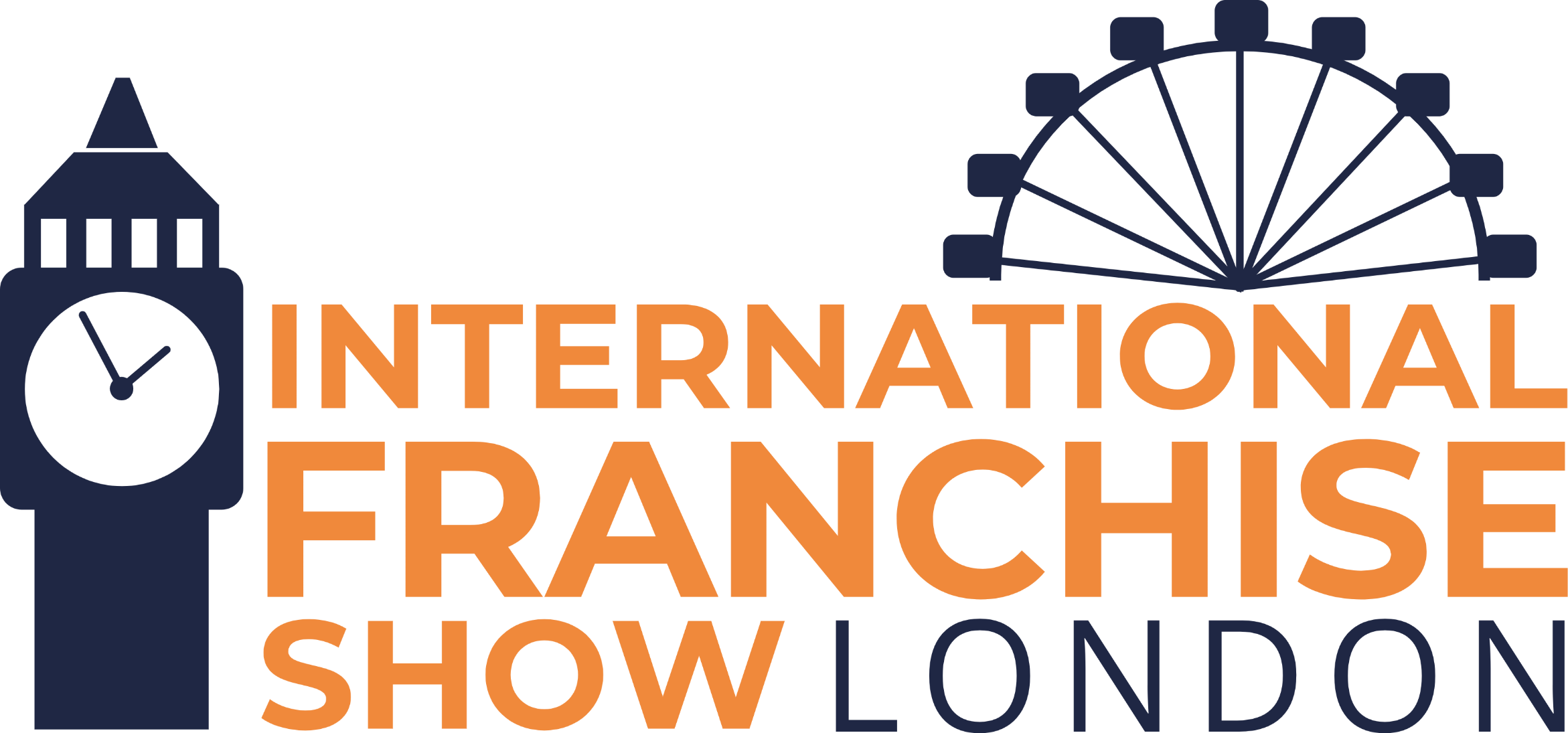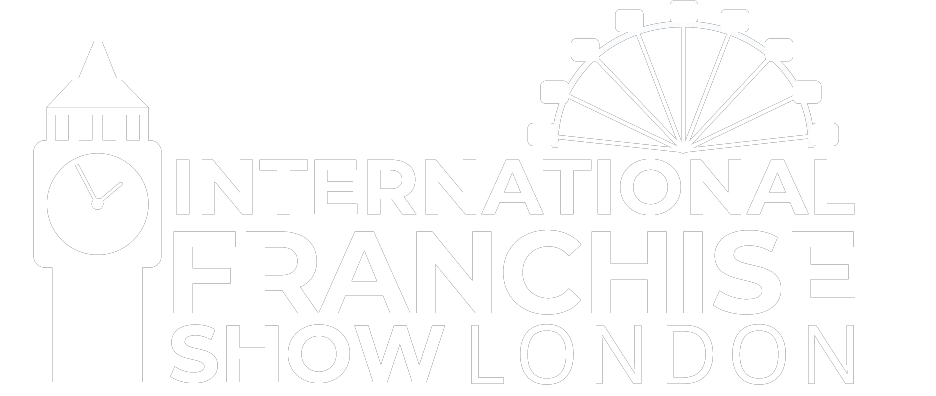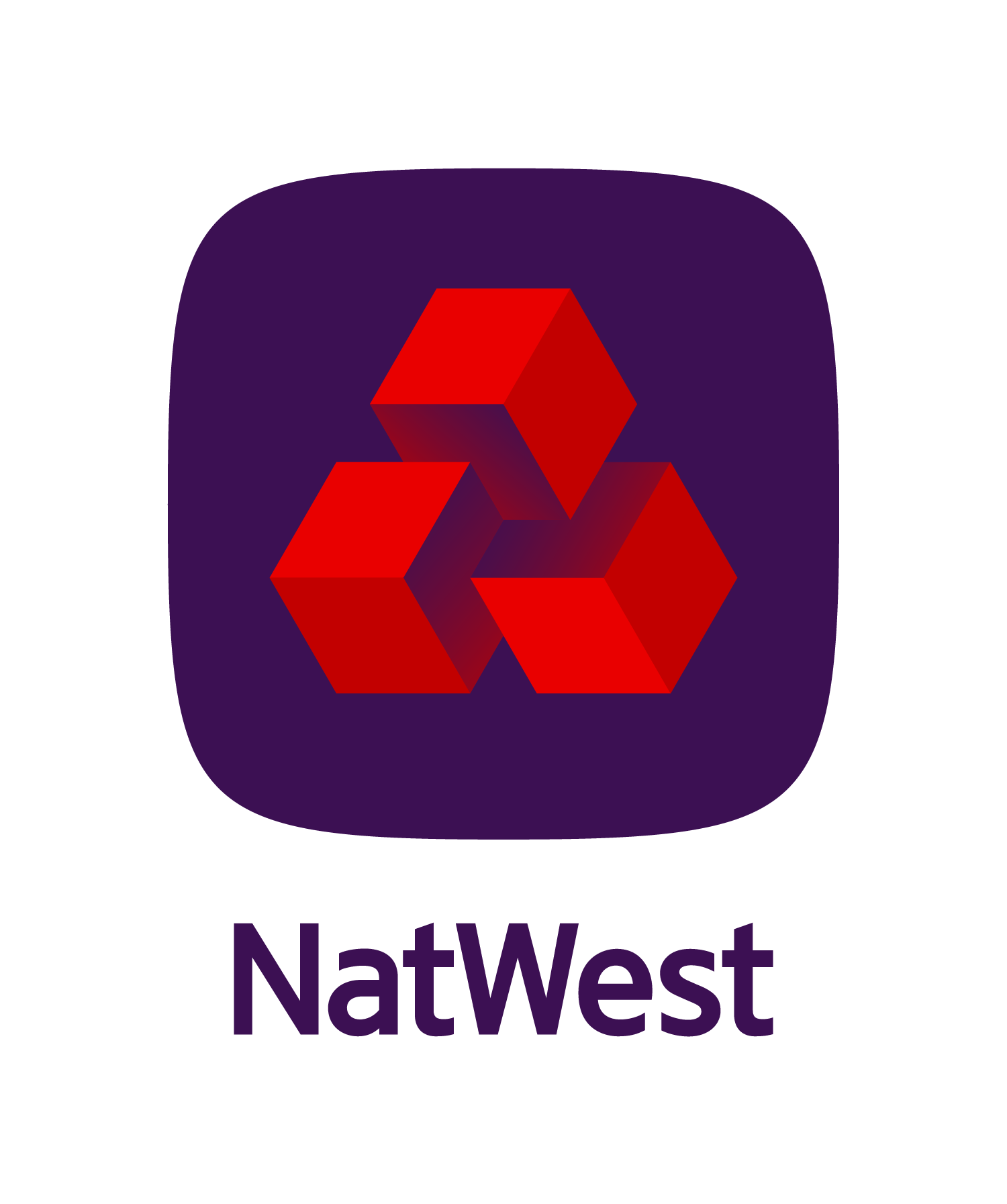)
Opening a franchise is an exciting route into entrepreneurship. It can simplify the process of building a business, by giving you the proven blueprint of an existing brand and the support that comes alongside it.
It also requires a significant financial investment. The good news is that lenders see franchising as a safer option than starting a business, and are more likely to approve your application. But it’s still important that you understand all the options available to you to finance your dream of becoming a franchisee.
In this article, BusinessesForSale.com answers some common questions about financing a franchise.
How much does it cost to buy a franchise?
The upfront and ongoing costs of buying a franchise will differ from brand to brand, but regardless of what franchisor you choose to work with, you’ll need to consider these costs:
-
Franchise fees. The initial fee that gives you the right to operate the franchise. Think of it as paying for their business blueprint.
-
Rent. Most franchisees will rent their premises instead of buying. Some franchisors will organise the lease for you, but you may have to do it yourself.
-
Equipment. Many franchisors will include this cost in the initial franchise fee, especially if they have deals with manufacturers.
-
Inventory. In the beginning, the franchisor may stipulate how much initial inventory you require but then ongoing purchases will likely be up to you.
-
Marketing. Many franchisors take care of marketing and advertising since they can do it for all their franchisees at the same time. You’ll likely see a fee for this in your itemised franchise costs.
How do I create a franchise business plan?
Before you can apply for funding, you’ll need to put together a business plan. This will demonstrate your understanding of the business model and your commitment to potential lenders.
A strong business plan should include, but not be limited to:
-
Market and competitor analysis. This will help you identify and understand your target market, industry trends and potential opportunities/challenges. It should include information on market size, growth rates, demographics, and consumer preferences. You should also conduct a competitive analysis to assess your competitors’ strengths and weaknesses and share how your franchise differentiates itself.
-
Financial projections. Project your revenue, expenses, and profitability over the next three to five years. Consider factors such as franchise fees, royalty payments, operating costs and anticipated sales growth. Your projections should be supported by market research and industry benchmarks.
-
Contingency plans. Running a franchise has its challenges, so you must address potential risks and challenges that could affect your success. You should identify how you plan to mitigate these risks if they arise.
Where can I borrow money to buy a franchise?
There are many different lenders available to help you finance your franchise, and different kinds of loans and grants that you can apply for.
Traditional loans from banks and credit unions are a common choice. You should look at several different lenders and compare what they offer in terms of interest rates, repayment terms and collateral requirements.
You might also be eligible for a small business grant, depending on the country you live in. Note that these grants are usually very competitive, with a large number of companies bidding for them. If you choose to go down this route, be prepared to put in the effort to secure your grant!







